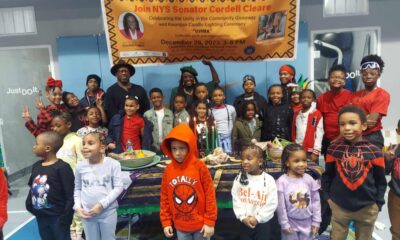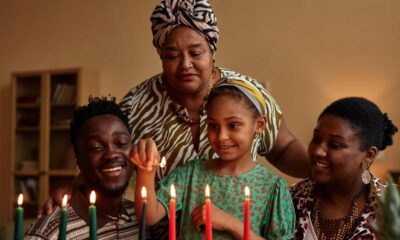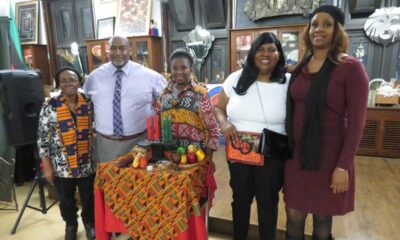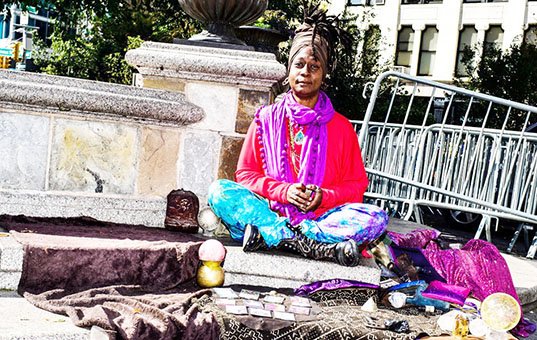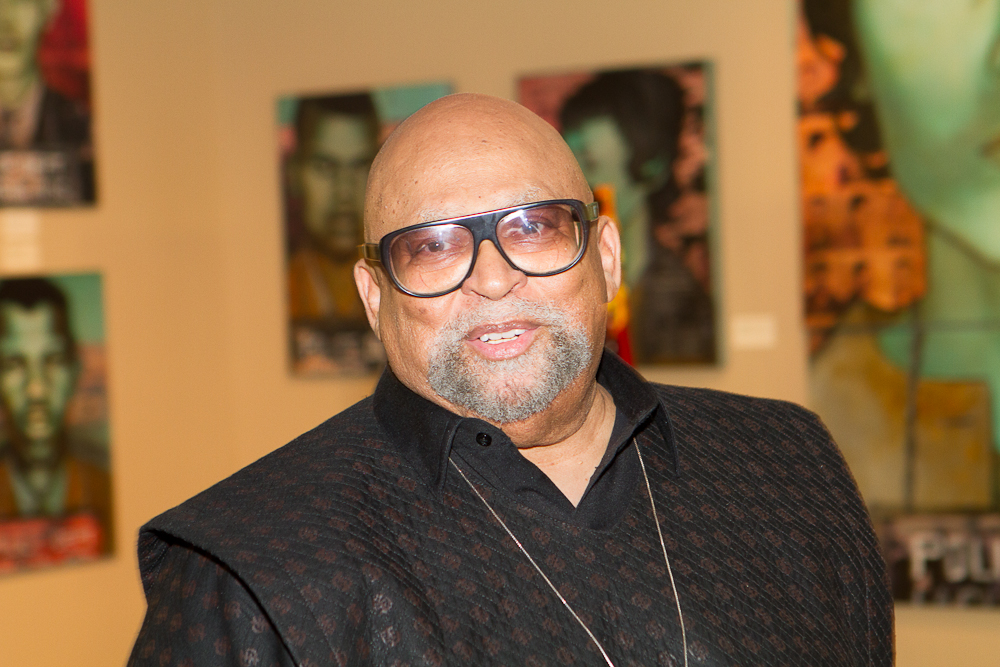Top Stories
Making Umoja A Year-Round Goal
“There was this old Mohawk elder talking to his grandson. He says that there is a fight going on inside him. He said it is between two wolves.”
One wolf is evil: anger, envy, sorrow, regret, greed, arrogance, self-pity, guilt, resentment, inferiority, lies, false pride, superiority and ego… The other wolf is good: joy, peace, love, hope, serenity, humility, kindness, benevolence, empathy, generosity, truth, compassion and faith….The grandson thought about it for a minute and then asked his grandfather, “Which wolf wins?” The old Mohawk simply replied, “The one I feed”. Author unknown
The role of elders has traditionally been that of providing guidance based on their years of experiencing and learning life lessons and passing them on to the offspring of the village, that is prior to slavery when knowing that they were contributing to the future of the village was considered a duty as well as reward. Post-slavery, the village has become mere blocks where different families live but healthy relationships are nonexistent and while there are some where adults form block associations, youth are generally not the focus. Considering statistics whether on gangs, gun violence victims and perpetrators or incarceration, we’ve got work to do- we must save our children.
Like the Mohawk elder, we must choose the winner of the fight between wolves. Today, one wolf’s highest-held value is in the possession of objects, regardless of who is hurt or destroyed in the pursuit. Our offspring join the invaders because it provides income that otherwise would not be available. However, this catering to “possessions of objects” leads to hostility, violence and wars where countless lives are lost while “Thou Shall Not Kill” is recited on Sunday mornings. While relationships were the highest-held value among Africans, the horror of slavery has left open wounds in need of healing for generations. The challenge and opportunity for African-Americans is to take on the challenge of recapturing that once-held value and commit to healing relationships and the place to start is with self. In fact, the only place to start is with self.
Our children, filled with promise waiting to be discovered and unleashed, are instead being murdered on our blocks by other children or police, serving time in prisons, existing between feuding parents and surrounded by adults who show contempt.
An Umoja Assignment for Parents and Adults who interact with Children – How often , if ever, have you been told that the act of forgiveness is an exercise that benefits the one doing the forgiving? Years ago, this biblical exercise was introduced in a workshop. When asked the number of times to forgive “7 times 7”? The response was “No 70 times 7”.
Since we’re preparing to launch a personalized Kwanzaa, let’s begin early with some forgiveness exercises. Make a list of the people with whom you have issues, dislike or just plain hate, including why. Taking one at a time, write I forgive (name) for (whatever act or words) 70 times for 7 days. Repeat writing sentences.
While we’ve been conditioned to think that forgiveness was a favor being bestowed on the other person, we experience the freedom that the one doing the forgiving receives. Finally, we usually have no idea what it’s like for the other person, nor do we care. We have been conditioned in an “I” culture and we only know our feelings, our opinions and because we think those are the only valid ones, we spend a lifetime defending them.
As African-Americans, we have a lot at stake in the area of relationship. Given our situation in this country, given the agreement that unity is needed to make changes, we’ve got to turn some long-standing attitudes around because they don’t work. We can’t continue turning out robots who measure success by how much money they earn or the degrees and titles they hold.
Our existence depends on our redefining success to mean our ability to be in nurturing and cooperative relationships first with our children, our mates, ex-mates, other members of our families and the community at large. Bottom line is focusing on what we have in common and not the differences and accepting( without scorn) if there’s nothing in common. We will have mastered the task of building community by honoring relationships and building a community that will nurture our future.


